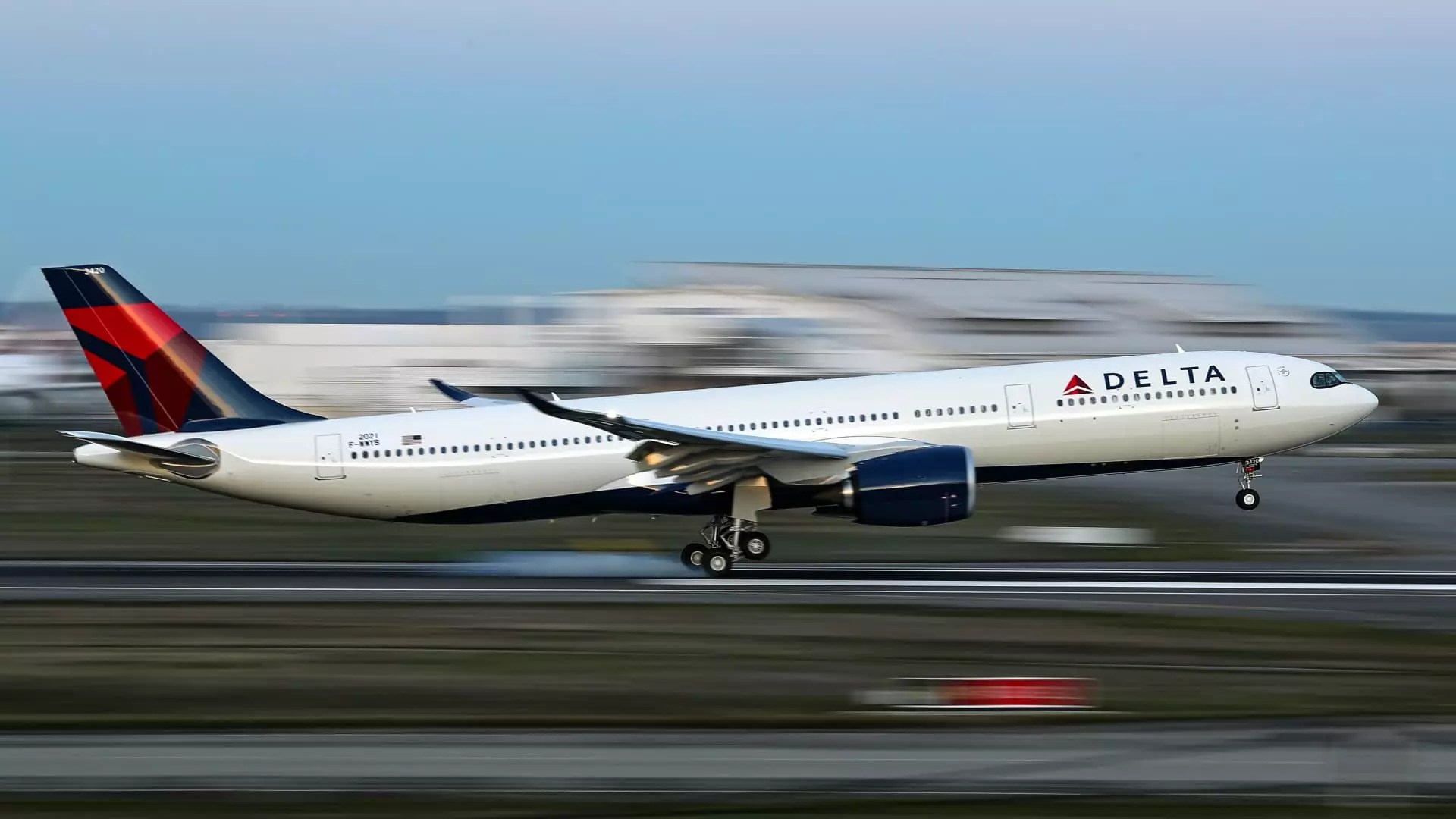In an industry long obsessed with squeezing every ounce of revenue from the economy class, airlines are now turning their gaze toward the lucrative front of the plane. Historically, the focus was on adjusting economical fare structures—introducing basics that stripped away amenities to boost margins. Yet, the trajectory of airline profit models is shifting. Delta Air Lines, a prominent figure in this evolution, is pioneering the reinvention of premium cabins, signaling a strategic pivot from the traditional core of value-focused flying to a refined emphasis on high-margin luxury experiences. This move underscores a broader recognition within the industry: the premium segment is resilient, holding its ground even amid turbulent economic times, unlike the declining fortunes of standard economy.
Delta’s focus on premium cabins is grounded in a simple but powerful reality—higher revenue per seat and enhanced customer loyalty. The airline’s recent financial disclosures reveal that revenue from premium seats increased by 6%, while main cabin earnings declined. Such data affirm that the premium segment’s profitability is not only intact but thriving. This development suggests that airlines will no longer just compete by reducing prices but by upgrading the quality and exclusivity of their top-tier offerings.
Luxury Redefined: From Traditional First Class to Personalized Experiences
The paradigm shift involves a strategic redefinition of what constitutes luxury in modern air travel. Gone are the days when first class was merely an upgraded seat with a larger space; today, the highest-end cabins are becoming personalized sanctuaries—private suites, customizable amenities, exclusive social spaces. Virgin Atlantic’s private “Retreat Suite” exemplifies this change, offering an intimate social environment for multiple travelers. United and American are also exploring innovations like larger seats and dedicated lounges, recognizing the importance of tactile comfort and social space in enticing discerning customers.
These innovations highlight an aspirational shift: the contemporary traveler values both privacy and personalized service. Airlines are feeling the pressure to deliver not just a seat, but an experience. Delta’s approach—testing new seating options and surveying customer preferences—reflects a conviction that the premium product’s future will be dictated by flexibility and perceived value. For some, that may mean more luxurious individual suites; for others, added flexibility or bespoke services that deepen the sense of exclusivity.
Challenges and Opportunities in Premium Cabin Innovation
However, such innovations are not without their pitfalls. Industry insiders are skeptical about the practicality of heavily discounted or stripped-down premium options. Airlines operate in a highly expensive environment—fuel, staff, aircraft maintenance—and any cut in amenities risks degrading the premium experience, which is ultimately a core driver of customer loyalty and profit.
Economically, airlines face a delicate balance. Offering a variety of premium options—from ultra-luxury suites to more accessible premium cabins—could fragment the customer base, diluting brand perception. But if executed strategically, it offers an opportunity to lock in high-value customers who are willing to pay a premium, especially in the upper class. The crucial question is whether airlines can craft a value proposition attractive enough to justify the premium prices while maintaining operational efficiency.
At its core, Delta’s strategic reorientation suggests a recognition that the premium cabin must evolve faster than the rest of the aircraft industry. Airlines are betting that by creating highly segmented, customizable, and luxurious offerings, they can reinforce their competitive advantage—not just survive, but dominate the high-margin segments of air travel for years to come.


Leave a Reply